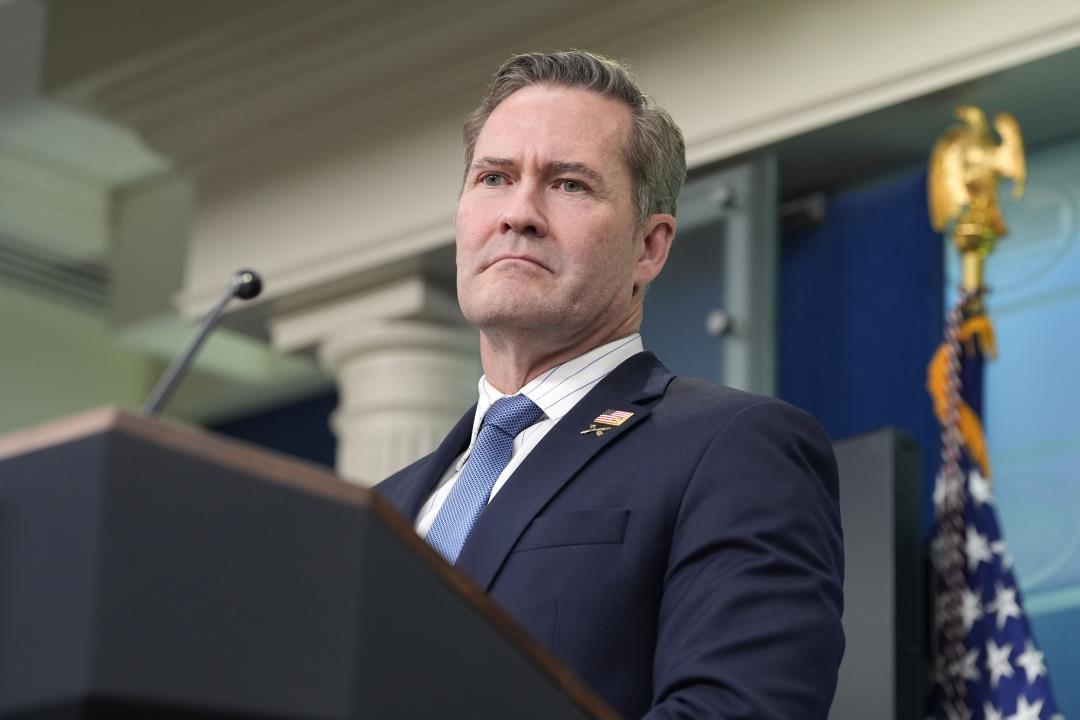Elon Musk's Political Influence Sparks Concerns
Discover how Elon Musk's unexpected political involvement in Germany is stirring debates and raising alarms about democracy, media power, and international relations.
Published January 05, 2025 - 00:01am

Image recovered from arabnews.com
Elon Musk, the enigmatic CEO of Tesla and owner of the social media platform X, has once again found himself at the center of political controversy, this time in Germany. The billionaire entrepreneur's public endorsement of the far-right Alternative for Germany (AfD) party has sparked widespread debate and sharp criticism from German politicians across the spectrum.
German Chancellor Olaf Scholz expressed concern over Musk's involvement, pointing out the potential dangers when someone with Musk's vast wealth and media influence backs a right-wing extremist party. Scholz stated in an interview with the German magazine Stern that Musk's support for the AfD signifies a troubling interference in German democracy. The AfD has been scrutinized by Germany's domestic intelligence service due to its extremist tendencies and policies that advocate a closer relationship with Russia and a weakening of transatlantic ties.
The controversy intensified when Musk penned an opinion piece in the German newspaper Welt am Sonntag, declaring the AfD as Germany's last hope. This prompted the resignation of the newspaper's opinion editor, Eva Marie Kogel, who protested Musk's editorial influence. In response, Robert Habeck, Germany's vice chancellor and a candidate from the Green Party, warned Musk to refrain from meddling in the country's democratic processes, describing Musk's amalgamation of wealth and media control as a direct threat to democracy.
Musk's political maneuvers have not only raised eyebrows in Germany but have also led to significant debates and criticisms in other parts of Europe. In Italy, Prime Minister Giorgia Meloni acknowledged Musk's ingenuity yet noted that their political views diverge sharply. Meanwhile, in France, scrutiny over foreign influences in politics gained new momentum as the upcoming elections in Germany stirred concerns about external interference.
Adding to the growing tensions, Musk announced a forthcoming live discussion with AfD's Alice Weidel on his platform X. This announcement came amidst a backlash from numerous German figures worried about the amplifying impact of Musk's media presence in domestic political affairs. The discussion is expected to cover topics like freedom of speech and AfD's vision for Germany's future competitiveness, further fueling anxieties about the erosion of democratic norms.
The German elections scheduled for February 23, triggered by the collapse of Scholz's coalition government over economic revitalization strategies, now face heightened scrutiny given the potential impacts of Musk's endorsements. Polls show the AfD gaining strength, although its actual chances of leading are slim due to widespread refusal among other parties to form coalitions with them.
Musk's gestures have drawn comparisons to foreign attempts to sway elections, echoing concerns about similar influences from Russia. German officials, including Lars Klingbeil, chair of the Social Democratic Party, have equated Musk's actions with those of Russian President Vladimir Putin, both aiming to influence German elections to destabilize the nation.
Responding to these profound threats, Germany's internal intelligence agency established a task force to counteract foreign interferences in the impending elections. Focused on Russia's potential involvement, the efforts seek to safeguard the democratic process against misinformation and cyber threats while maintaining Germany's allegiance to NATO and the EU.
These developments underscore a period of unprecedented tension in Germany as the nation navigates through political turbulence complicated by international meddling. With Musk's endorsement of AfD emboldening the far-right's presence, the future of Germany's political landscape remains uncertain. The juxtaposition of economic imperatives, media influence, and international diplomacy continues to challenge the very fabric of Germany's democratic framework as February approaches.







